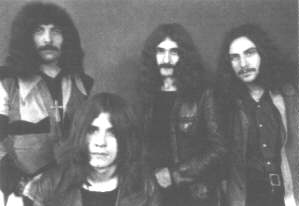Have Queens of the Stone Age lost their touch?

Originally released: 2005
Interscope Records
Queens of the Stone Age last album, Songs for the Deaf, was a great album. Throughout the album the band keeps up a consistent, dark and eerie but pressing sound. In 1998 the band was anointed the new Nirvana. A heavy title for a grunge band but well justified with Songs for the Deaf. The album even contains one of my favourite songs, "Go With the Flow". It also has the commercially successful song "No One Knows", which everybody loves. Then we have "Lullabies to Paralyse". The new album appears to have lost something - is it that they have lost drummer Dave Grohl with his punch and dynamic bassist Nick Oliveri.? Were these two members so important? The album still has some of those loud and unsettling riffs but now they appear to be too unsettling.
In my opinion the early reviews of the album have been cruel and Lullabies feels like one of those albums that needs time to grow on you. It is an acquired taste so to speak. At the moment the songs are not what I have come to expect from














